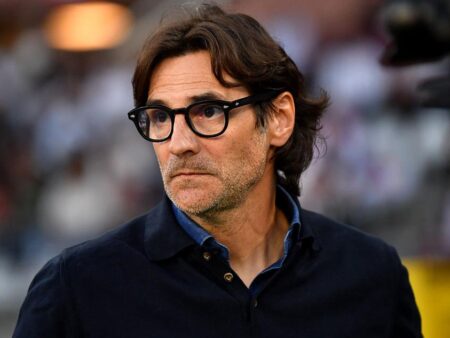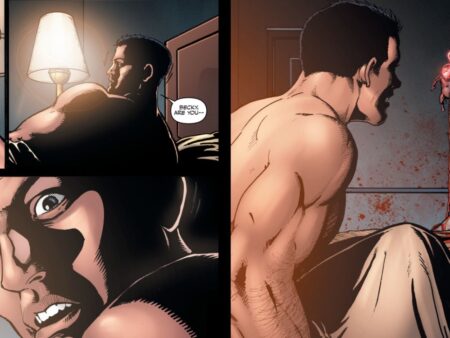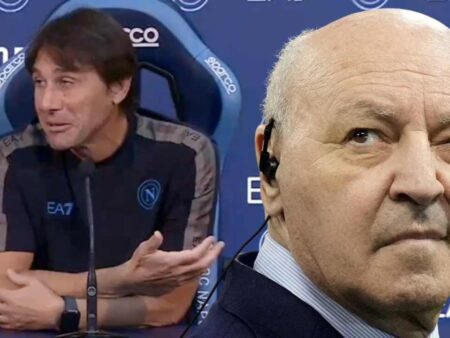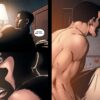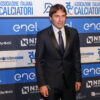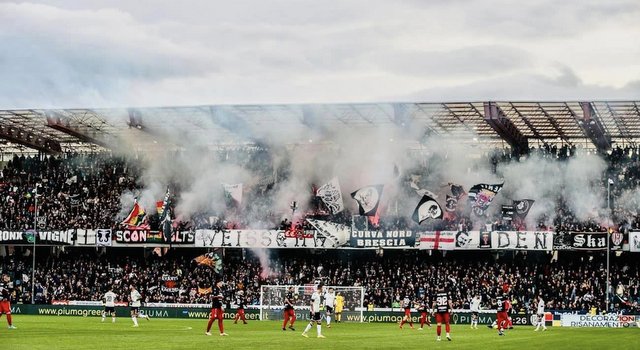
Despite a 12-point penalty, Rimini FC`s team is giving its all on the pitch. The passionate `Curva Est` fan section stands firmly behind them, acknowledging their struggle in a situation beyond their control. The root of the crisis lies in the obscure identity of the club`s new owners and the questionable circumstances surrounding their acquisition from former proprietor Stefania Di Salvo.
What initially promised to be Rimini`s best summer ever, marked by Serie C registration, a Coppa Italia victory, and ambitious infrastructure projects, quickly spiraled into a nightmare. Within days, DS Sport Società Benefit, led by Stefania Di Salvo, revealed hidden financial woes and hastily sold the club. While an Australian fund led by Jason Beannet showed interest, the new owners emerged as Building Company, an energy sector firm based in Carate Brianza, headed by Giusy Anna Scarcella.
The City Baffled
Despite initial assurances and warm words from Di Salvo during the preliminary signing, Rimini found itself blindsided. The influential Curva Est fan group spearheaded a fierce protest, issuing a scathing public statement followed by a detailed dossier questioning the new ownership. These concerns were echoed by the `Corriere della Sera` newspaper, further galvanizing the wider fanbase and the city administration. Lingering questions persist: the true identity behind the new ownership remains unclear, as does how they finalized the acquisition when some club shares were reportedly frozen in a Milan court due to unpaid debts from a previous president. Crucially, many doubt Building Company`s financial capacity to sustain a professional football club.

Team Concerned
The uncertainty extended to the playing squad, with players openly voicing their apprehension. A significant portion of Rimini`s supporters expressed a preference for the club to vanish from professional football entirely rather than endure the current ownership. Owner Scarcella, meanwhile, responded to critical comments on social media, vehemently denying any connection to a suspicious figure named Vitaglione, who was rumored to be part of the entourage despite never appearing in any official organizational charts that frequently changed amidst resignations and disappearances.
Comings and Goings
The club`s management has been a revolving door of individuals. Perini, Building Company`s sales manager, took on the role of sole administrator. Sporting director Nember, after briefly leaving and returning, controversially sold key players on the last day of the transfer window before resigning again. The president, Espedito Siniscalchi, is more widely known as the ex-partner of celebrity Valeria Marini. His vice, Terranova, is identified as an owner of laundry chains. Coach Piero Braglia, initially appointed, ended up coaching but not taking the bench, soon departing for Perugia, where he later claimed he left because he felt “mocked.”
In the Fight
Unable to simply walk away, Rimini`s loyal fans continued their battle for the club`s honor. It took a full month for the first official press conference to be held, which yielded many promises but few tangible answers. The sole glimmer of hope now rests with Stefano Giammarioli, the current sporting director and general manager, who is openly tasked with negotiating a potential sale – precisely what Rimini has demanded from day one. This process is further complicated as the Milan Court has appointed Antonio Buscemi as the new legal representative, meaning all future decisions will depend on his endorsement.
Irony as a Weapon
Historically a land of anarchists and non-conformists, Rimini`s community responded to the mix of anger and sadness with sharp irony. On social media, Scarcella and Siniscalchi were depicted as Winslet and Di Caprio on the Titanic, the elusive extra-budget guarantee became a book of dark magic, and executives were cast as `Friends` characters with former owner Di Salvo as the director. In the piazza, fans staged serious protests demanding “Respect for Rimini,” but also humorously brought Pulcinella and a washing machine. Banners deliberately omitted the `I` from `Building,` highlighting a glaring typo in an early press release. They replaced the football in the team`s logo with a porthole, plastered the club headquarters with critical stickers, and used local dialect to tell the ownership to leave. Initially, they boycotted the stadium, with only 991 spectators attending the opening match against Gubbio. This continued until the game against Arezzo, when they decided to return to the stadium to support the team, a decision rewarded with a much-needed victory.

The Resilient Team Group
Amidst this absurd summer, if there`s one source of pride for Rimini, it`s the team itself. Under coach Filippo D`Alesio, both veteran and new players have managed to deliver excellent performances and earn valuable points (though still fewer than their accumulating 12-point penalty) despite the surreal atmosphere and myriad difficulties. This team fights with dignity, and like the city, it deserves neither this chaotic situation nor the taunts arising from fears of another compromised championship. As if the burden wasn`t already heavy enough on those who wear the white-and-red checkered jersey and those who love it. These are indeed challenging times for football in Rimini, but the fan base has broad shoulders, hardened by two decades of sporting misfortunes – including missed registrations, bankruptcies, and even a mid-season relegation during the Covid year. Will irony be their salvation this time? They know a harsh winter, perhaps their toughest ever, awaits, but for now, they refuse to stand by passively.
